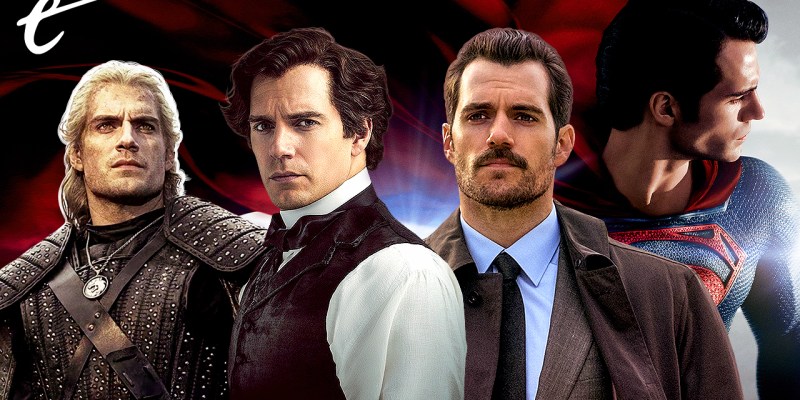The internet’s embrace of Henry Cavill has been quite heartening.
Cavill has had an interesting few weeks, to put it mildly. After being reportedly fired from the role of Superman in the DC Extended Universe, he returned to the red cape in the post-credits scene of Black Adam. He triumphantly announced he had resumed the role. At the same time, it was announced that Cavill would not be returning for the fourth season of The Witcher. Then it was announced he had been dropped as Superman again. Now, he is working on a Warhammer show.
Cavill’s career has been something of a roller coaster. He has often seemed like a star just waiting for the right vehicle to arrive, Charlie Brown chasing a football that is always just out of reach. By his own account, he was very “close” to securing the role of James Bond in 2006. According to director Bryan Singer, Cavill was under consideration to play Superman seven years before Man of Steel, winding up on the shortlist to don the costume in Superman Returns.
The response to Cavill’s turbulent few weeks has been remarkably wholesome. GameRant opined that “Henry Cavill deserves better than Netflix’s The Witcher.” The Hashtag Show asked DC, “Why you do Henry Cavill dirty?” The Independent contended that the studio “didn’t deserve him.” News.com.au insisted that the decision not to give Henry Cavill another opportunity to play Superman was “a mistake.” There was a recurring sense in coverage that Cavill had been treated unfairly.
Why has the internet latched onto Cavill as a performer who deserves more than he has been given? To be fair, it is certainly better to be nice about strangers than it is to be mean towards them. Anybody who has lost a job is probably deserving of some measure of sympathy, particularly a job they were passionate about. However, the internet’s reactions to such news aren’t always internally consistent. After all, Cavill is far from the only person to lose a job in this chaotic reshuffling.
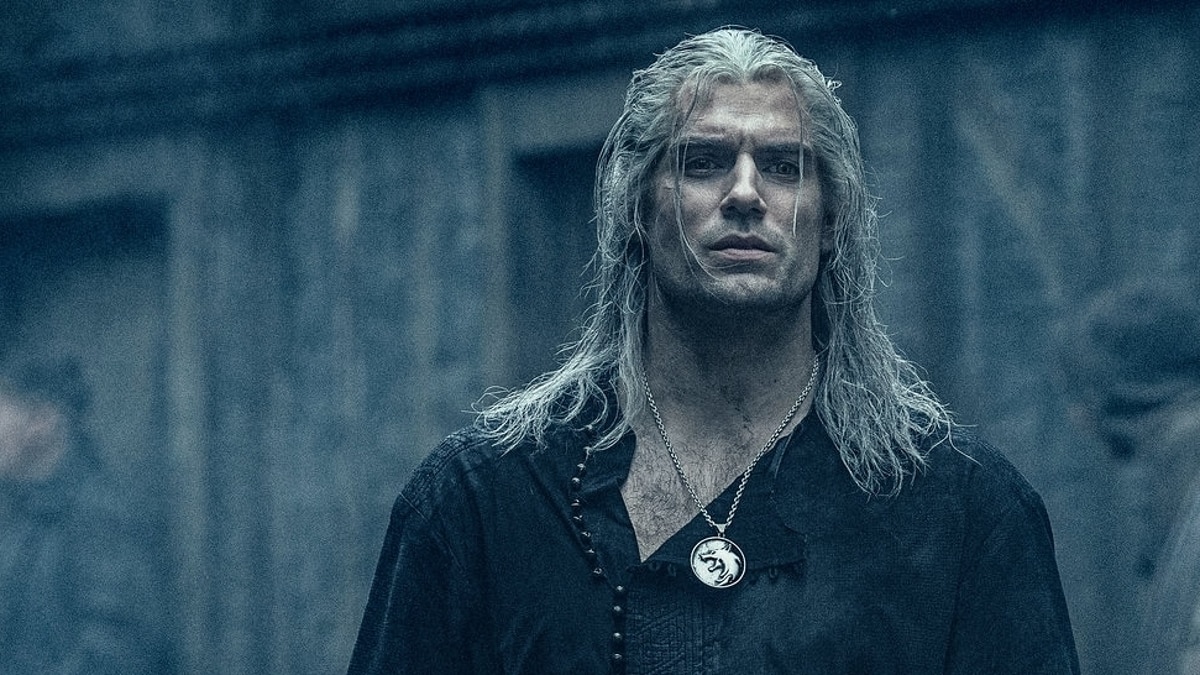
It seems, for example, that there is appreciably less sympathy extended to Patty Jenkins following her departure from the third Wonder Woman movie, which is apparently part of the same restructuring. Part of this may be down to rumors that she chose to leave, which Jenkins herself has denied. Nevertheless, it seems a very similar situation. Jenkins seems just as enthusiastic about Wonder Woman as Cavill does about Superman.
Indeed, Jenkins’ career has been quite similar to that of Cavill. Like Cavill, she spent years waiting to be given creative opportunities. She broke out by directing Monster in 2003, the movie that won Charlize Theron a Best Actress Oscar. It would be 14 years before Jenkins directed her next feature film, Wonder Woman. In that time, she was hired to direct Thor: The Dark World, but she parted ways with Marvel when it refused to let her make the film she wanted to make.
Like Cavill, Jenkins’ career shifts aren’t solely related to the DC universe. In December 2020, it was announced that Jenkins would be directing Rogue Squadron, which would be the next theatrical Star Wars film. The project hit delays and Jenkins had, at least temporarily, departed it to push ahead on production of Wonder Woman 3. Jenkins’ most recent comments suggest Rogue Squadron is in “active development,” but there has yet to be confirmation from Disney and the Star Wars film franchise has been volatile, to say the least. The narrative is similar to that facing Henry Cavill. Jenkins was a talent caught between two intellectual properties that she loved.
The internet’s empathy is a fickle thing, branching out in directions that are often arbitrary and hard to define. It is sad that Cavill has lost a role that clearly means a lot to him. However, it is hard to quantify that as objectively sadder than director Zack Snyder being forced out of the production of Justice League because he “lost the will to fight” the studio’s meddling in the film following the suicide of his daughter, Autumn. However, Snyder never really got the sympathy that Cavill has.
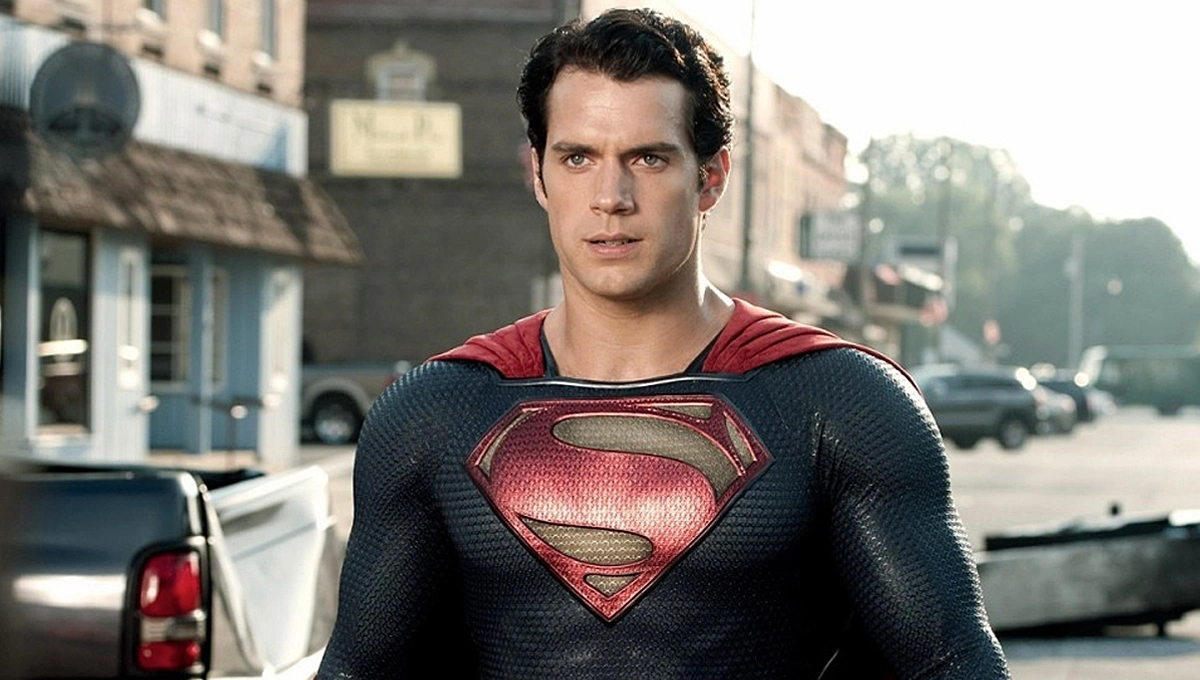
There is perhaps a cynical reading to all of this. It can feel like internet fandoms have adopted the habits of collectors, with live-action performers treated as expensive figurines. It doesn’t matter that the two Amazing Spider-Man movies were broadly ignored or hated; fans liked that Spider-Man: No Way Home brought back Andrew Garfield. It’s a weird sort of nostalgia, where an actor is divorced not only from the film around them, but the content of their performance, to make them valuable.
It is not as if Cavill is a bona fides movie star who has consistently demonstrated his worth to audiences. It seems fair to concede that Cavill’s work in projects like Man of Steel, Batman v Superman, and Justice League has been divisive. There is a solid argument to be made for how those movies use Superman, but — like every actor to don an S-shield after Christopher Reeve — Cavill’s interpretation of the character has not been consistently celebrated.
Cavill’s work outside the franchise has been similarly scattershot. Perhaps the actor’s mostly widely praised performance was as secret agent Napoleon Solo in Guy Ritchie’s adaptation of The Man from U.N.C.L.E. Even then, critics seemed to offer backhanded compliments. In The New York Times, Manohla Dargis praised Cavill as “a charming stiff.” At Den of Geek, Don Kaye remarked that Cavill delivered “a casual charm and nonchalance that helps offset his essential blandness.”
The Man from U.N.C.L.E. was conceived as another potential franchise for Cavill, with early plans for a sequel. However, the film underperformed at the box office, and there was little indication that audiences were particularly enthused. The film earned a “B” CinemaScore, the same grade as Batman v Superman. While the film has been retroactively evaluated as something of an underappreciated gem, it was met with indifferent reviews at the time.
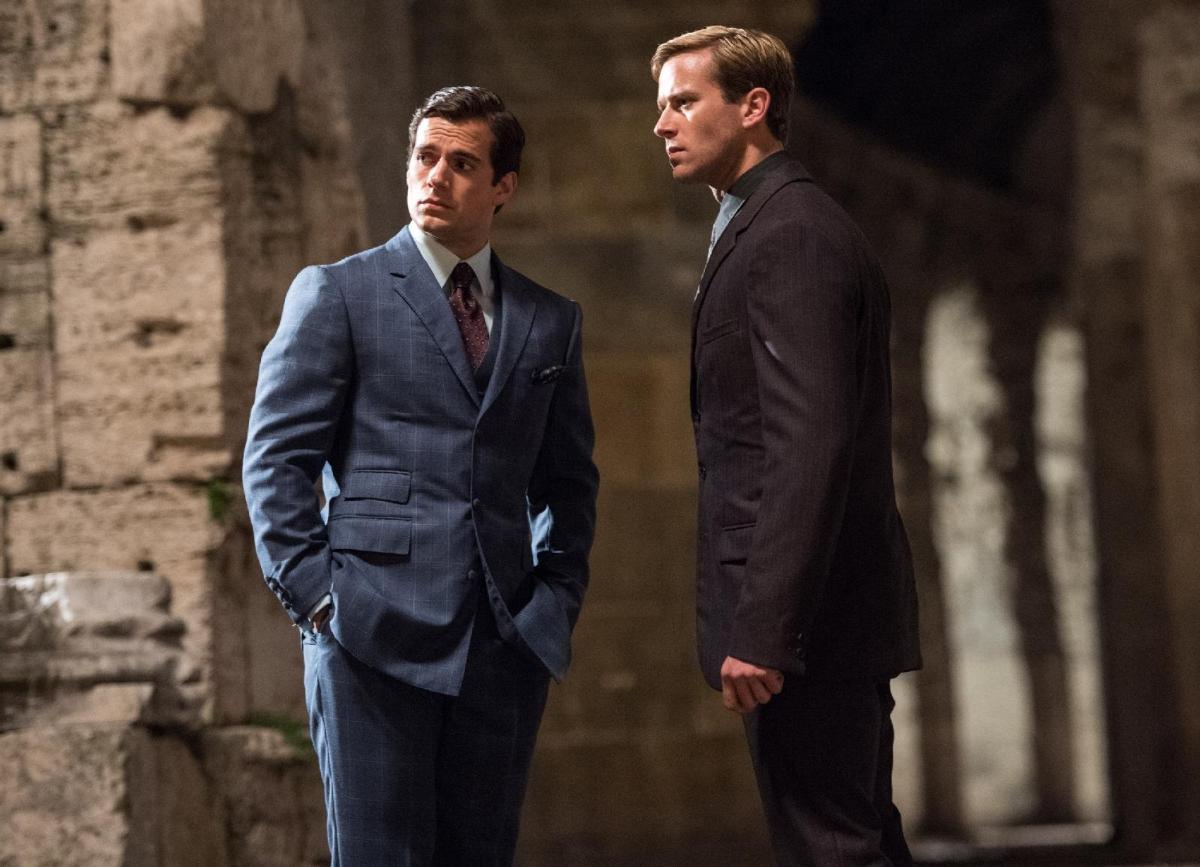
Cavill’s only other significant film role is as August Walker in Mission: Impossible – Fallout. Fallout was released in July 2018, a few months after Justice League, which seemed likely to mark the end of that phase of the DC cinematic universe. The time seemed right to shift the narrative, as critics like Darren Franich singled out the movie’s “redemption of Henry Cavill.” There is no denying the movie uses Cavill effectively, especially in set pieces like bathroom brawls and helicopter chases.
However, Fallout didn’t exactly mark a new departure for Cavill. The film didn’t work because it cast the actor in a new light. It worked because it was a film in conversation with Cavill’s earlier roles. Like in Top Gun: Maverick, the central tension of Fallout derived from pitting Tom Cruise against a younger kind of movie star. In particular, the conflict in Fallout was between Cruise’s old-fashioned derring-do hero Ethan Hunt and Cavill’s grim-and-gritty brute-force modern antihero August Walker.
Perhaps this reappraisal of Henry Cavill has nothing to do with anything on screen. Perhaps it is rooted in the actor’s off-screen persona. After all, in the era of social media and podcasts, actors are more accessible than they ever have been before. This is something of a double-edged sword, as Cavill’s DC co-star Gal Gadot discovered with her ill-advised celebrity cover version of “Imagine.” Then again, it is not as if Cavill has completely avoided his own embarrassing interview moments.
Still, there is something to be said for how Cavill has crafted his off-screen persona. “Authenticity” is a difficult metric to quantify, but it is important in the age of celebrity social media. Audiences don’t just want access; they want honesty. A carefully calculated and curated social media presence can be actively alienating to the fanbase that it is intended to court. Indeed, this is perhaps an issue facing Cavill’s friend Dwayne Johnson, whose persona can feel more engineered than organic.
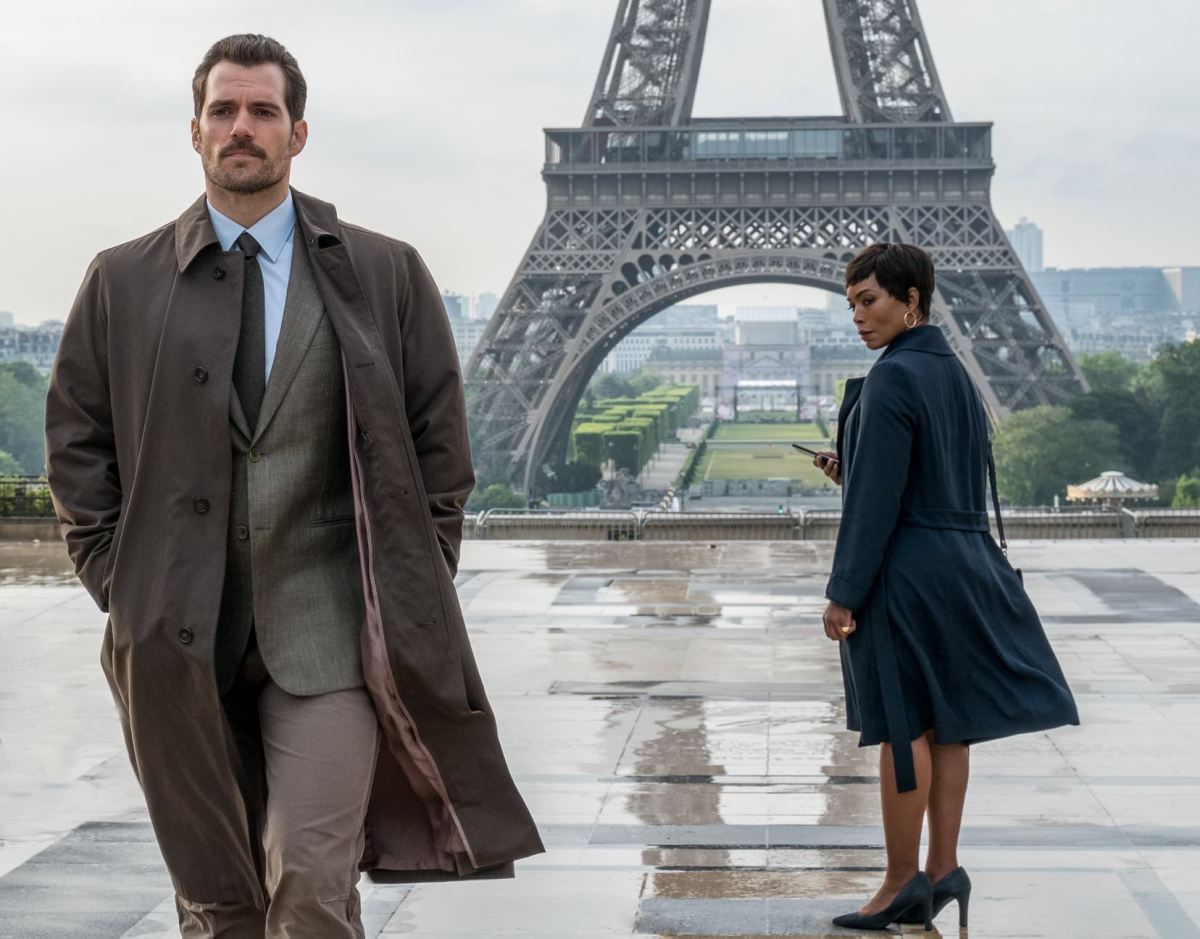
It is hard to quantify, but Cavill seems like a genuinely nice guy. In particular, one gets the sense that his open and eager embrace of his nerdiness has gone a long way toward endearing him to an online fanbase that shares those interests. Cavill builds his own gaming computers, talks enthusiastically about how he prefers gaming to going out, shares pictures of the tabletop models that he paints, and happily takes photos with staff at Games Workshop UK.
There is something very appealing in this. Henry Cavill is “one of us;” it just so happens that he also looks like he was carved out of marble. In a popular culture that has not embraced nerdiness, Cavill is an appealing avatar. It helps that none of this persona feels focus-grouped or forced. Cavill isn’t courting a fanbase to a particular purpose, but simply sharing his own interests in the way that any other person with those same passions might. That resonates with online fans.
In case there’s any ambiguity here: It is great that the internet has extended its empathy and its sympathy to Henry Cavill as a person who has been consistently messed around by the machinations of faceless media conglomerates, despite the subjective misgivings that the internet might have about the quality of his work. It is just interesting to note that this compassion extends to some individuals and not others, and that the deciding factors can often feel arbitrary.
